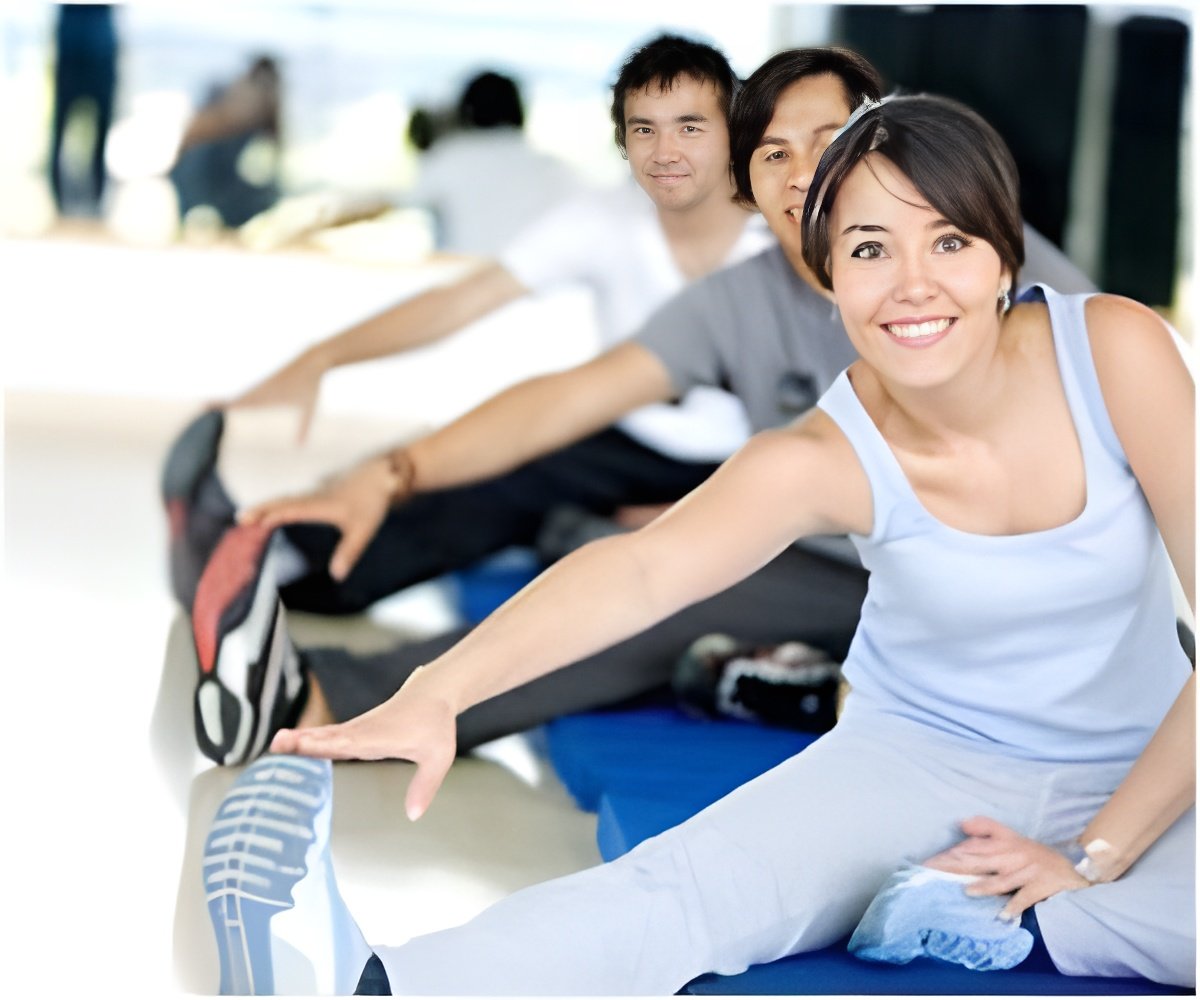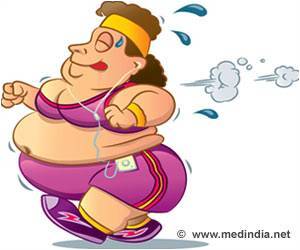Exercise can shift the human body clock in a direction you want it to go. But the time in which you do the exercise.

‘Exercise's effects on the body clock could open up the possibility of using exercise to help counter the negative effects of jet lag and shift work.’





Exercising at 7 a.m. or between 1 and 4 p.m. advanced the body clock to an earlier time, and exercising between 7 and 10 p.m. delayed the body clock to a later time. Exercising between 1 and 4 a.m. and at 10 a.m., however, had little effect on the body clock, and the phase-shifting effects of exercise did not differ based on age or gender, the researchers explained.
"Exercise has been known to cause changes to our body clock. We were able to clearly show in this study when exercise delays the body clock and when it advances it," said lead author Shawn Youngstedt, from the varsity.
"This is the first study to compare exercise’s effects on the body clock, and could open up the possibility of using exercise to help counter the negative effects of jet lag and shift work."
The findings, published in The Journal of Physiology, suggest exercise could counter the effects of jet lag, shift work, and other disruptions to the body’s internal clock (e.g., military deployments) helping individuals adjust to shifted schedules.
Advertisement
The baseline timing of each participant’s body clock was determined from urine samples collected every 90 minutes to measure the time of the evening rise in melatonin and the peak of melatonin several hours later.
Advertisement















